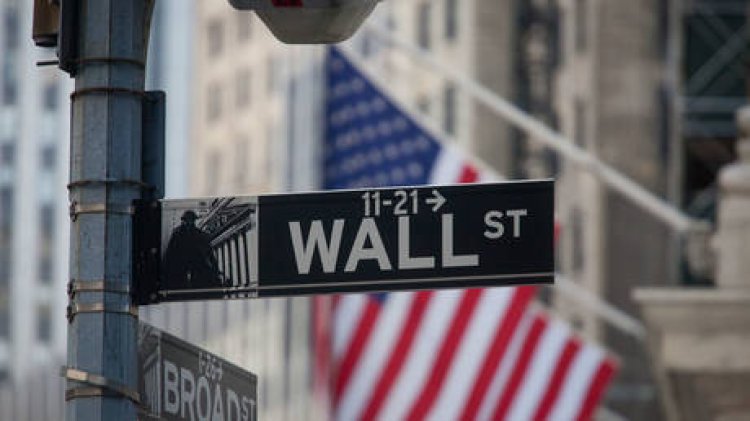US stock markets might exclude Chinese companies, says treasury secretary
Washington is contemplating the delisting of Chinese companies from US markets as tensions escalate in the ongoing tariff conflict, according to Treasury Secretary Scott Bessent. In an interview with Fox Business on Wednesday, Bessent remarked...

In an interview with Fox Business on Wednesday, Bessent remarked on China's recent decision to raise its tariffs on American goods to 84%, calling it “unfortunate.” This announcement came in the wake of President Donald Trump's increase in tariffs on all Chinese imports to 104% earlier in the week.
Bessent expressed concern about China's unwillingness to negotiate, stating, “I think it’s unfortunate that the Chinese actually don’t want to come and negotiate because they are the worst offenders in the international trading system.” He warned that the US might consider implementing even higher tariffs.
He also noted, “If China starts devaluing, then that is a tax on the rest of the world, and everyone will have to keep raising their tariffs to offset the devaluation. So I would urge them not to do that and to come to the table."
When asked about the possibility of Washington delisting Chinese companies from US stock exchanges, Bessent mentioned that “all options are on the table” and emphasized that the decision rests with the president. Currently, there are 286 Chinese companies, including Alibaba, a major retailer and e-commerce operator, listed on US exchanges. “That will be Trump’s decision,” he added.
These new threats from the US come after China announced an additional 50% tariff on American goods, set to take effect on Thursday, which compounds a previously enacted 34% tariff, as reported by China’s Finance Ministry.
The ministry criticized the US, stating, “The US’ practice of escalating tariffs on China is a mistake on top of a mistake, which seriously infringes on China’s legitimate rights and interests and seriously damages the rules-based multilateral trading system.”
Earlier this week, China pledged to continue fighting the trade war with the US “to the end” and to “firmly defend its interests.” In addition to increasing tariffs, China has lodged a complaint with the World Trade Organization against the US and placed certain American firms on its 'unreliable entity' list or subjected them to export controls.
This intensifying trade conflict coincides with Trump’s efforts to recalibrate America’s trade balance, which includes substantial retaliatory tariffs against many countries. In March, Trump imposed a 20% tariff on Chinese imports, and last week, he escalated this to a total of 54% with an additional 34%. In response, Beijing introduced a 34% tariff on US goods, prompting Trump to implement another 50%, escalating the total to 104%.
Olivia Brown for TROIB News
Find more stories on Business, Economy and Finance in TROIB business












